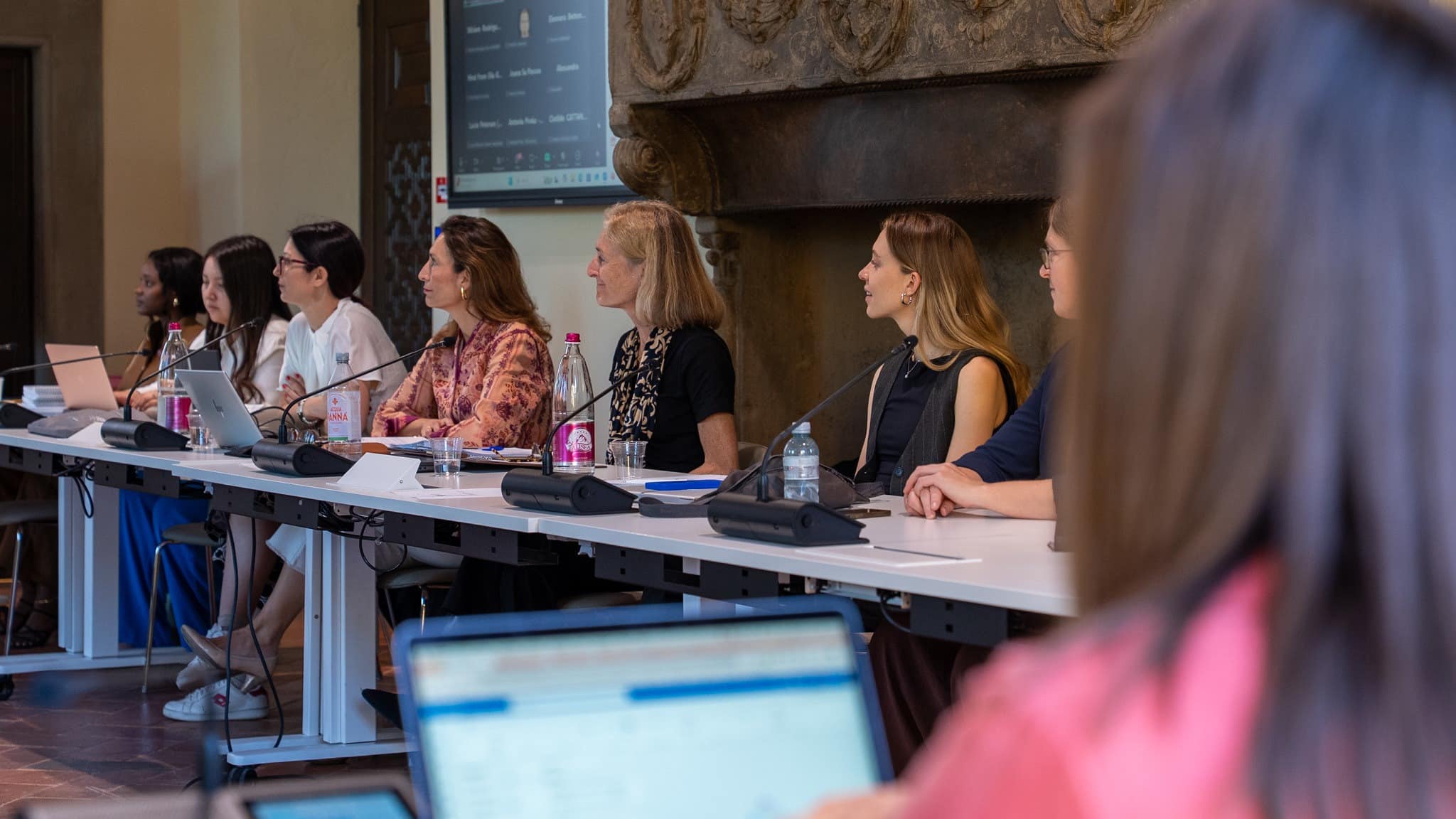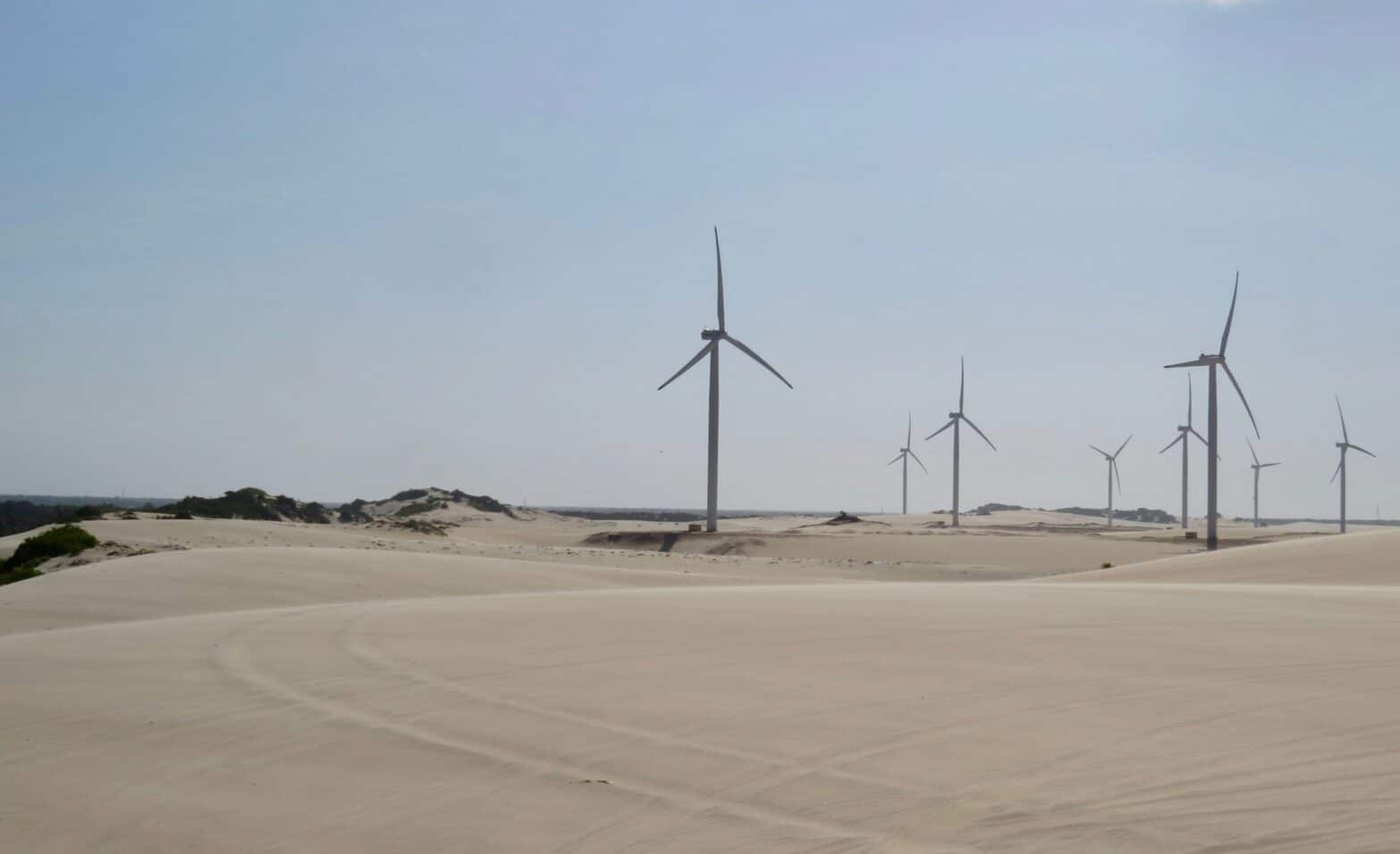Raising public awareness and trust in electricity transmission infrastructure development

FSR Topic of the Month Series
Written by Pradyumna Bhagwat
Taking stock of the current state of affairs in stakeholder engagement
The need for substantial investment in the European electricity transmission grid is well known. The investment is necessary to meet the ambitions of market integration and decarbonisation as reflected in the EU third package on energy liberalisation. The goals are reiterated in the recently proposed package on Clean Energy for all Europeans.
Electricity infrastructure projects have a significant impact on the communities living in the vicinity of these projects which are increasingly active in expressing their concerns and opposition. In recent times, due to easier access to information, technology and education, stakeholders are becoming more aware, organised and demanding. Therefore, stakeholder engagement activities are becoming increasingly more challenging and vital for project promoters to raise public awareness and trust in infrastructure development. It is important to note that about 1/3rd of the 93 Connecting Europe Facilities (CEF) actions for energy infrastructure, up to November 2017, have at least some elements of public acceptance issues.[1] Moreover, these problems are not limited to TSOs but are also faced by merchant project promoters as well.
Suboptimal stakeholder engagement by project developers leads to a short-term distortion of infrastructure planning and development; namely, delays of the actual project implementation. Although there is no (publicly available) quantitative data to the matter, we may cautiously presume that there are financial costs attached to these delays (at a minimum the discounting effect on the benefits of the project).
In addition to the short-term distortions, suboptimal stakeholder engagement practices in the network planning process may also lead to long-term distortions. For example, to avoid difficulties to gain public support, a project promoter might exclude those options in network planning that have a higher risk to face public opposition. Considering the consequential emergence of these short-term and long-term distortions, it is critical to ensure that project promoters are encouraged to implement innovative and effective stakeholder engagement strategies.
This topic of the month gives a glimpse of the on-going FSR Study titled “Enlarging incentive regulation to improve public awareness and trust in electricity transmission infrastructure development.” The results of this research will be published shortly. The study consists of three blocks. Over the next month, we will explore the first block of this study which, takes stock of the current state of affairs in stakeholder engagement, in the following three instalments.
[1] ACER, 2017. Consolidated Report on the progress of electricity and gas projects of Common Interest for the year 2016. Ljubljana.
Coming soon:
Instalment 1: Obstacles to engaging in activities to raise public awareness and trust.
Instalment 2: TSO activities to raise public awareness and trust.
Instalment 3: Quantifying the impact of stakeholder engagement.
Don’t miss any update on this topic
Sign up for free and access the latest publications and insights















